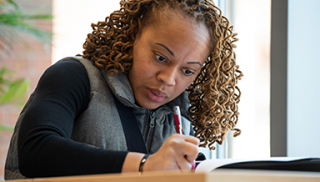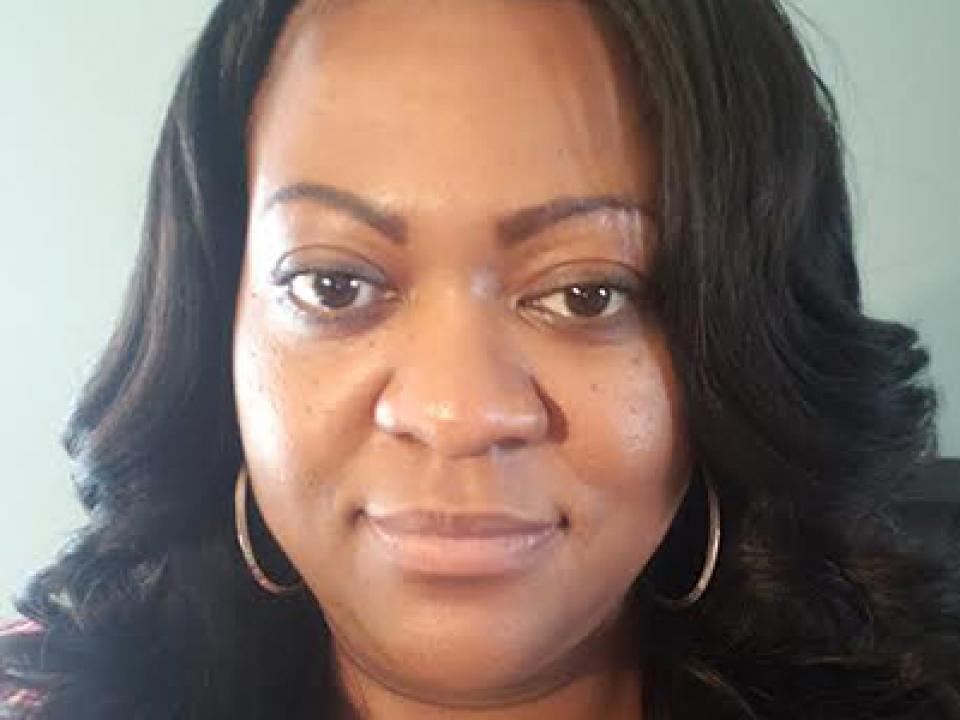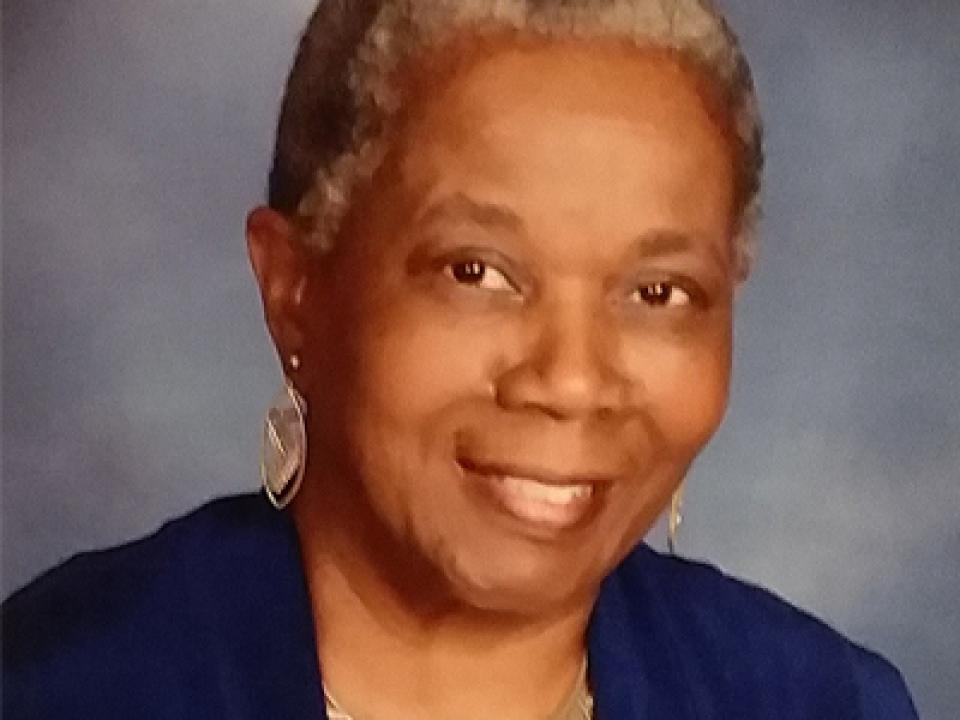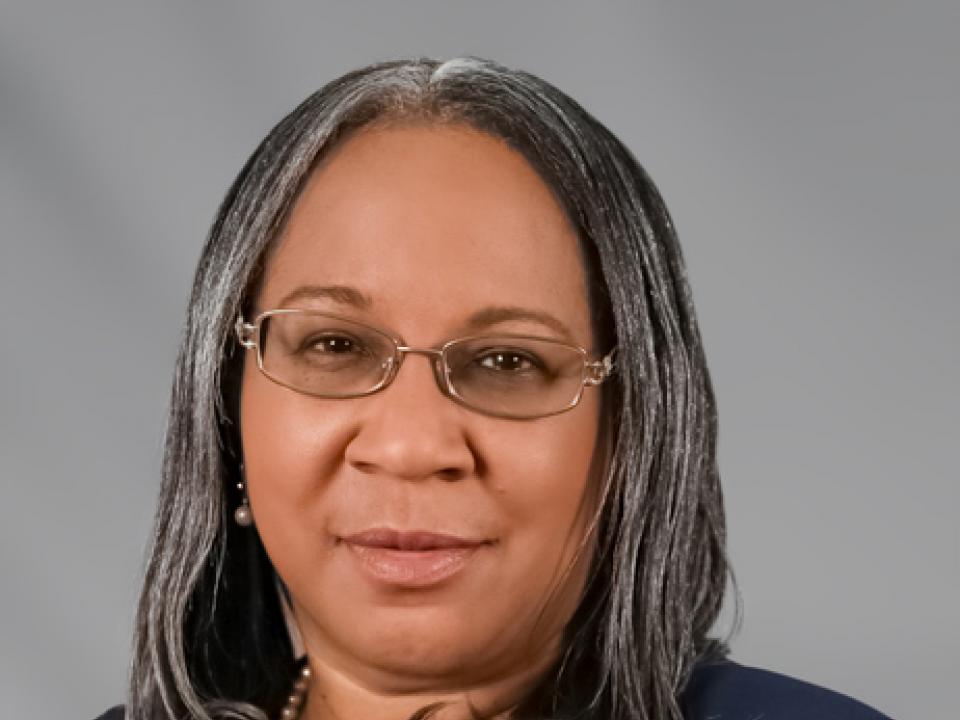Department of Humanities
School of Arts & Sciences
Department of Humanities
We are home to creativity, communications, critical thinking, as well as history, global studies, and the performing arts.
Education for Our Past, Present, and Future
The Department of Humanities has a variety of majors and performance programs designed to help you find your place in the world. Through your journey with us we’ll encourage you to challenge yourself and the world around you. You’ll learn to ask the big questions, think deeply and meaningfully, learn to look for inspiration anywhere and everywhere, and grow your own creative process. From English to history and global studies to the urban and performing arts, all the world is your stage.
Our department continues to build on our own efforts to adapt to the Covid-19 pandemic. We have continued to provide a high level of expert instruction, attentive student support, and complex learning experiences. Our faculty has dedicated time to enhancing their skills to deliver you a combination of virtual, hybrid, and safe face-to-face classroom experiences. We will continue to respond to changing guidelines, and pledge to keep you safe while committing to your educational goals.
Where can your humanities degree take you?
Our alumni have gone on to fulfilling careers in:
- journalism and entertainment
- teaching and education
- local and federal government
- arts and arts administration,
- museums and archives
Our graduates also continue on to advanced study at some of the most prestigious universities, including:
- Howard University
- The Johns Hopkins University
- Rutgers University
- UNC Chapel Hill
Locally, we have strong academic partnerships with the law schools at the University of Maryland, Baltimore and the University of Baltimore.

Writing Center

Current student? Report a complaint or concern.
Report a concern or complaintContact Us
Humanities is the largest department on campus. We boast faculty with expertise in writing, acting, photography, modern dance, media studies, public history, poetry, critical theory, design and production, culture of the African diaspora and more. In addition to the staff and faculty listed below, we'd like to thank the following Adjunct Faculty team members too:
The Department of Humanities is within the College of Arts & Sciences, and Education.








